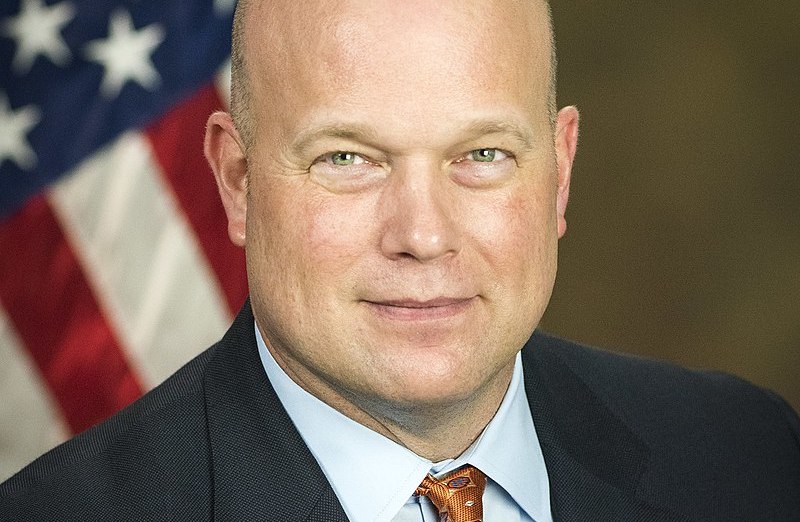The story of Matthew Whitaker’s recusal/non-recusal just changed dramatically (again)

This afternoon word surfaced that the DOJ Ethics Committee had informed Acting Attorney General Matthew Whitaker that he did not need to recuse himself from the Trump-Russia investigation. Palmer Report explained that it didn’t necessarily matter. If Whitaker was planning to sabotage or fire Robert Mueller, he could be committing a felony in the process, so this was about whether he wanted to risk going to prison, not about whether he was recused. But now the story has changed rather dramatically.
The story is now that the DOJ did tell Matt Whitaker that he needed to recuse himself from the Trump-Russia probe, but he then decided not to recuse himself, according to an update from the Washington Post. So now what? This isn’t necessarily surprising. Whitaker is in something of a no-win situation no matter how he plays this, and it appears he’s trying to split the difference.
If Whitaker recuses himself, Donald Trump will have a conniption. He’ll fire Whitaker, or publicly attack him, or spread lies about him, or all of the above. In other words, he’ll do to Whitaker what he did to Jeff Sessions. But if Whitaker commits the obstruction of justice crimes that Trump wants him to commit, Whitaker is looking at prison. So the smart move for Whitaker would be to decide not to recuse himself, but then quietly stay out of the way of Mueller and Rod Rosenstein, thus avoiding any criminal liability.
We don’t necessarily know that this is what Matthew Whitaker is doing here. But if his plan was to fire or sabotage Robert Mueller, he’d presumably have done it by now, as his time as Acting Attorney General is probably already more than halfway over. Instead, Whitaker appears to simply be sitting there, doing nothing, trying to avoid the wrath of either side, and hoping the DOJ never gets around to busting him for the toilet scam company thing.
